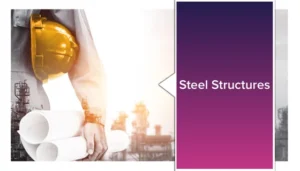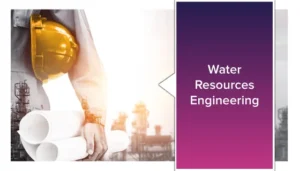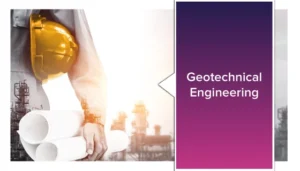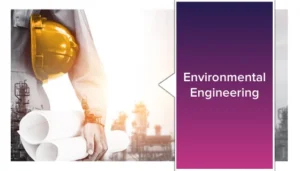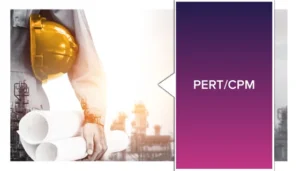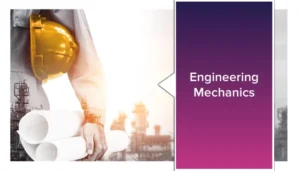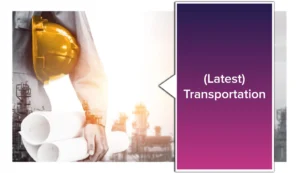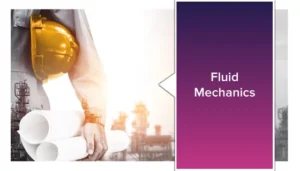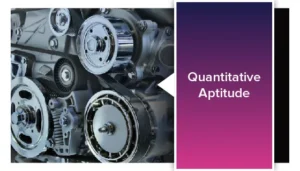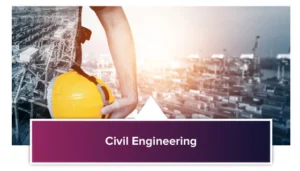About Course
For civil engineering, fluid mechanics covers a wide variety of problems that practicing civil engineers must understand and solve, like: The flow of water in underground aquifers that supply water for irrigation or drinking.
What I will learn?
- For civil engineering, fluid mechanics covers a wide variety of problems that practicing civil engineers must understand and solve, like: The flow of water in underground aquifers that supply water for irrigation or drinking. The disposal of waste in rivers, estuaries and coastal areas. On the other hand production planning includes study of demand forecasting, preparation of long term and short term plans, scheduling of machines and methods of inventory control. In optimization, various techniques of cost minimization and profit maximization are studied. These techniques include linear programming, critical path method and queuing models among others. Entire production industry uses planning, control and optimization techniques developed in this subject.
Course Curriculum
Chapter 1: Introduction & Fluid Properties
-
1.1 Introduction
00:00 -
1.2 FLUID PROPERTIES – I
00:00 -
1.3 FLUID PROPERTIES – II
00:00 -
1.4 FLUID PROPERTIES – III
01:12:59 -
1.5 FLUID PROPERTIES – IV
00:00 -
1.6 GATE PROBLEMS
00:00 -
1.7 Properties of Fluid Gate Questions
00:00
Chapter 2: Fluid Statics
-
2.1 FUNDAMENTAL EQUATION OF FLUID STATICS
50:37 -
2.2 PRESSURE & ITS MEASUREMENT
38:30 -
2.3 SOME STANDARD PROBLEMS ON MANOMETERS
39:43 -
2.4 FORCES ON SUBMERGED BODIES – I
27:22 -
2.5 FORCES ON SUBMERGED BODIES – II
01:00:42 -
2.6 BUOYANCY
01:08:08 -
2.7 STABILITY OF UNCONSTRAINED BODIES IN FLUID
45:47 -
2.8 FLUID UNDER RIGID BODY MOTION / RELATIVE EQUILIBRIUM
00:00 -
2.9 GATE PROBLEMS
20:40 -
2.10 GATE PROBLEMS
27:27 -
2.11 GATE PROBLEMS
18:11 -
2.12 GATE PROBLEMS
00:00 -
2.13 GATE PROBLEMS
00:00 -
2.14 Fluid Pressure Measurement Gate Questions
00:00 -
2.15 Hydrostatic Forces, Buoyancy & Flotation Gate Questions
00:00
Chapter 3: Fluid Kinematics
-
3.1 FUNDAMENTALS
00:00 -
3.2 FLUID TRANSLATION, ROTATION AND DEFORMATION – I
01:02:08 -
3.3 FLUID TRANSLATION, ROTATION AND DEFORMATION – II
01:19:55 -
3.4 STREAM FUNCTION AND VELOCITY POTENTIAL
01:06:13 -
3.5 SOME STANDARD PROBLEMS ON FLUID KINEMATICS
49:31 -
3.6 to 3.8 GATE PROBLEMS
21:21 -
3.7 GATE PROBLEMS
18:07 -
3.8 GATE PROBLEMS
37:32 -
3.9 Fluid Kinematics Gate Questions
30:24
Chapter 4: Integral form of Conservation Equations
-
4.1 FUNDAMENTALS OF REYNOLDS TRANSPORT THEOREM
00:00 -
4.2 APPLICATION OF RTT TO CONSERVATION OF MASS
00:00 -
4.3 APPLICATION OF RTT TO CONSERVATION OF LINEARE MOMENTUM OR MOMENTUM THEOREM
51:02 -
4.4 APPLICATION OF RTT TO CONSERVATION OF ANGULAR MOMENTUM
50:15
Chapter 5: Dynamics of Inviscid Flows – Fundamentals & Applications
-
5.1 PHYSICS OF EULER’S EQUATION – I
40:28 -
5.2 PHYSICS OF EULER’S EQUATION – II
40:22 -
5.3 APPLICATION OF BERNOULLI’S EQUATION – I
00:00 -
5.4 APPLICATION OF BERNOULLI’S EQUATION – II
37:31 -
5.5 VORTEX FLOWS
21:41 -
5.6 GATE PROBLEMS – I
29:05 -
5.7 GATE PROBLEMS – II
20:50 -
5.8 GATE PROBLEMS – III
20:50 -
5.9 Fluid Dynamics Gate Questions
00:00
Chapter 6: Dynamics of Viscous Incompressible Flow
-
6.1 SOME EXACT SOLUTION OF NAVIER STOKES EQUATION – I
01:41:53 -
6.2 SOME EXACT SOLUTION OF NAVIER STOKES EQUATION – II
36:26 -
6.3 SOME EXACT SOLUTION OF NAVIER STOKES EQUATION – III
01:29:29 -
6.4 VISCOUS FLOW THROUGH PIPES
01:06:15 -
6.5 GATE PROBLEMS
35:23 -
6.6 Pipe Flow Gate Questions
47:00
Chapter 7: Laminar Flow
-
7.1 Laminar Flow
12:06
Chapter 8: Boundary Layer Theory
-
8.1 BOUNDARY LAYER THEORY – I
01:12:17 -
8.2 BOUNDARY LAYER THEORY – II
01:12:30 -
8.3 BOUNDARY LAYER THEORY – III
01:20:36 -
8.4 GATE PROBLEMS OF BOUNDARY LAYER THEORY
36:29 -
8.5 Boundary Layer Gate Questions
07:51
Chapter 9: Principle of Similarity and Dimensional Analysis
-
9.1 DIMENSIONAL ANALYSIS & PRINCIPLE OF SIMILARITIES – I
49:23 -
9.2 PRINCIPLE OF SIMILARITIES
49:23 -
9.3 Dimensional Analysis Gate Questions
15:15
Chapter 10: Turbulent Flow
-
10.1 Introduction
01:05:26 -
10.2 Turbulent Flow Gate Questions
08:32
Chapter 11: Fluid Machines
-
11.1 FLUID MACHINES – I
30:17 -
11.2 FLUID MACHINES – II
01:17:31 -
11.3 FLUID MACHINES – III
01:08:25 -
11.4 FLUID MACHINES – IV
37:04 -
11.5 FLUID MACHINES – V
47:14 -
11.6 FLUID MACHINES – VI
01:02:43 -
11.7 GATE PROBLEMS
36:26
Chapter 12: Open Channel Flow
-
12.1 Open Channel Flow – Most Efficient Section, Energy Depth Relationships and Width Constriction
02:30:59 -
12.2 Open Channel Flow – Gradually Varied Flow, Properties of Flow Profiles and Rapidly Varied Flow
02:01:00 -
12.3 Open Channel Flow Gate Questions
00:00
Chapter 13: GATE QUESTIONS 2021
-
13.1 GATE QUESTIONS 2021
42:11
E-Book – Fluid Mechanics
-
E-Book
Practice Set – Fluid Mechanics
-
Practice Set 1
-
Practice Set 2
Student Ratings & Reviews

No Review Yet
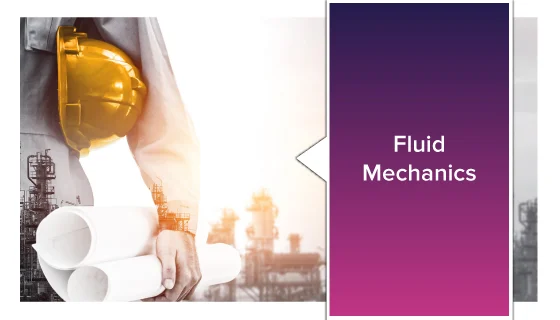
0 Lessons
From: ₹118.00 for 1 month
0 Lessons
From: ₹118.00 for 1 month
0 Lessons
From: ₹118.00 for 1 month
0 Lessons
From: ₹118.00 for 1 month
0 Lessons
From: ₹118.00 for 1 month
0 Lessons
From: ₹118.00 for 1 month
0 Lessons
From: ₹118.00 for 1 month
0 Lessons
From: ₹118.00 for 1 month
0 Lessons
From: ₹118.00 for 1 month
0 Lessons
From: ₹118.00 for 1 month
0 Lessons
From: ₹118.00 for 1 month
0 Lessons
From: ₹118.00 for 1 month
0 Lessons
From: ₹118.00 for 1 month
0 Lessons
From: ₹118.00 for 1 month
0 Lessons
From: ₹118.00 for 1 month
0 Lessons
From: ₹118.00 for 1 month
0 Lessons
From: ₹118.00 for 1 month
0 Lessons
From: ₹588.00 for 1 month
0 Lessons
From: ₹118.00 for 1 month
0 Lessons
From: ₹588.00 for 1 month
0 Lessons
From: ₹588.00 for 1 month
0 Lessons
From: ₹118.00 for 1 month
0 Lessons
From: ₹118.00 for 1 month
0 Lessons
Free




